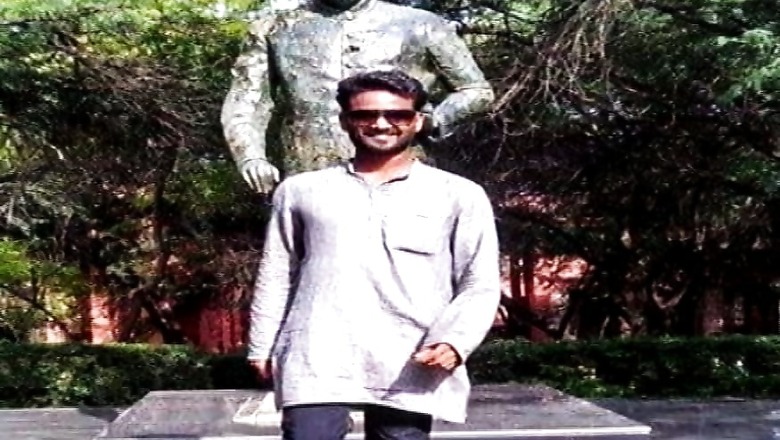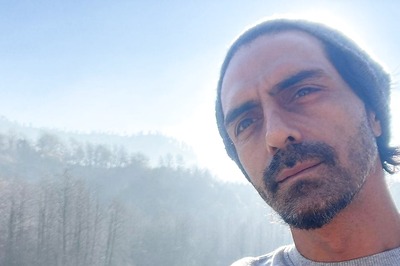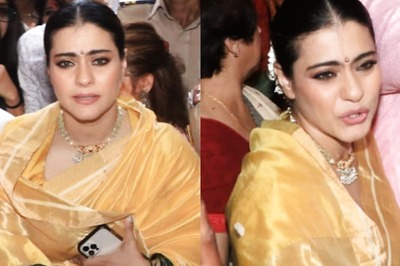
views
Holi in Jawaharlal Nehru University is always raucous, boisterous, joyous, and sometimes wild. But this year’s celebrations were tragically marred. By the evening of Monday, 13th March 2017, the heart-breaking suicide of J Muthukrishnan, a 28-year-old PhD student enrolled in the Centre for Historical Studies, School of Social Sciences, cast a pall of gloom on the campus.
On Monday afternoon, Muthukrishnan went to Munirka Vihar, outside the JNU campus, to meet some friends and have lunch. Hostel messes are closed in JNU for Holi, so most students go out to eat. Eyewitnesses reported that Muthukrishnan appeared depressed, but was unable properly to explain why. One of his friends said it might have had something to do with relationship issues. At any rate, he asked to lie down to rest, which his host, a South Korean, kindly arranged. Muthukrishnan went inside and locked the door.
When lunch was served a little after 2:00, his friends knocked at his door to invite him to join them. No response. Taking him to be resting, they let him be. But after another couple of hours, they felt rather uneasy. Was he all right? This time they knocked much louder. When they heard nothing, the host pushed the door back forcibly, only to see that he was hanging from the ceiling. The police were informed immediately. They arrived a little after 5:00 p.m. to find Muthukrishnan already dead.
These are the facts as we have them. A five-member team from AIIMS, led by Dr. Satish Gupta, head of Forensics, completed the post-mortem examination on Wednesday. The autopsy report put out by them rules out foul play. There were no marks of injury on Muthukrishnan’s body and the contents of his stomach were found to be normal. “Prima facie it's a case of suicide by hanging,” the report says, adding “However, it is a matter of investigation about the circumstances in which the deceased has committed suicide.”
The causes of student dissatisfaction run far deeper than caste politics. Perhaps, piecemeal tinkering or insincere political one-upmanship constitute the cause rather the cure. Indian higher education, especially in the Humanities and Social Science, is in crisis. It needs thorough and wide-ranging reform and renovation. This does not, however, imply that we do not need better institutional mechanisms to identify those who need special attention or support in our universities.




















Comments
0 comment